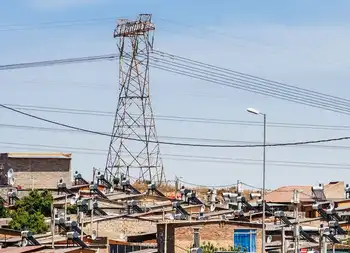Russia sends first fuel to Chinese power station
Moscow, Russia -- - The first batch of nuclear fuel has been sent from Russia for the Tianwan nuclear power station in China.
An ITAR- TASS correspondent was told recently at the Tvel company that "163 fuel rods and some extra reserves of fuel needed for the physical launch of the first power unit of the Chinese nuclear power station, which is being built with the involvement of Russian specialists, have been shipped by railway from the Novosibirsk chemical concentrates factory to China".
According to the official representative of the company, "loading was carried out in accordance with the contract, dated 1997, on the construction of the Chinese nuclear power station with two Russian- designed VVER-1000 reactor units".
According to the construction plan "the physical launch of the first unit of this nuclear power station is scheduled for April 2004, while the unit will be hooked up to China's power grid in 2005", the Russian Ministry of Atomic Energy said.
Loading of fuel for the second power unit is scheduled for the end of 2004. The second unit will be commissioned in April 2005, the Tvel company representative said.
The Russian Ministry of Atomic Energy said that "Russia is not only involved in the construction of the two power units of the Tianwan nuclear power station, but also trains specialists to run them".
In an interview with the ITAR-TASS correspondent, the official representative of the Ministry of Atomic Energy added that "China has expressed its interest in Russia's participation in a bid, to be announced in the middle of 2004, for the construction of four new power units".
Related News

South Africa's Eskom could buy less power from wind farms during lockdown
JOHANNESBURG - South African state utility Eskom has told independent wind farms that it could buy less of their power in the coming days, as electricity demand has plummeted during a lockdown aimed at curbing the spread of the coronavirus.
Eskom, which is mired in a financial crisis and has struggled to keep the lights on in the past year, said on Tuesday that power demand had dropped by more than 7,500 megawatts since the lockdown started on Friday and that it had taken offline some of its own generators.
The utility supplements its generating capacity, which is mainly derived from coal,…




